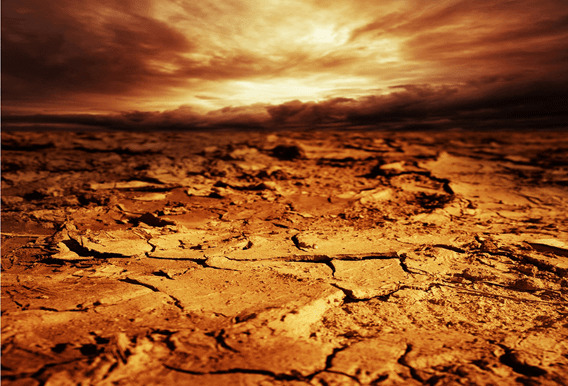 So civilization, at least as we know it, is going to collapse — political, economic, social, educational, health, transportation, technological systems all will fail, a bit a first, and then more and more.
So civilization, at least as we know it, is going to collapse — political, economic, social, educational, health, transportation, technological systems all will fail, a bit a first, and then more and more.
We have no idea when it will be complete — could be in 10 years, or in 40. We have no idea how it will play out — how quickly, where first, what systems and governments will go first.
We don’t even know how people will react to this Slow (and Permanent) Emergency. So how can we possibly prepare for it?
I think the best answer to this is to teach a lot of people a lot of skills, hard and soft, that they don’t currently have, so that we’re kind of ready for anything. Here’s a list of ten possibly critical soft skills, and ten possibly critical hard skills, that very few of us (in most countries) are competent at at the moment. The ones in italics are, IMO, those that it is important that most people learn; for the remainder, it’s important that some people in each community be very competent at them:
Soft Skills:
- Critical thinking — the ability to think for yourself, reason things through, be self-aware of how emotions play into each issue, and basically the capacity to study, research, analyze, problem-solve and learn without being spoon-fed.
- Group facilitation — the ability to help groups work and think collectively, achieve consensus, resolve conflicts, and manage themselves, notably by modelling exemplary facilitation skills themselves.
- Helping people cope — the ability to counsel others on dealing with and healing from loss, uncertainty, fear, grief, shame, anger, anxiety and other emotions that will inevitably arise and make people dysfunctional as the crises of collapse unfold.
- Preparing healthy food — the ability to cook and otherwise prepare, blend, and complement foods “from scratch”.
…click on the above link to read the rest…











